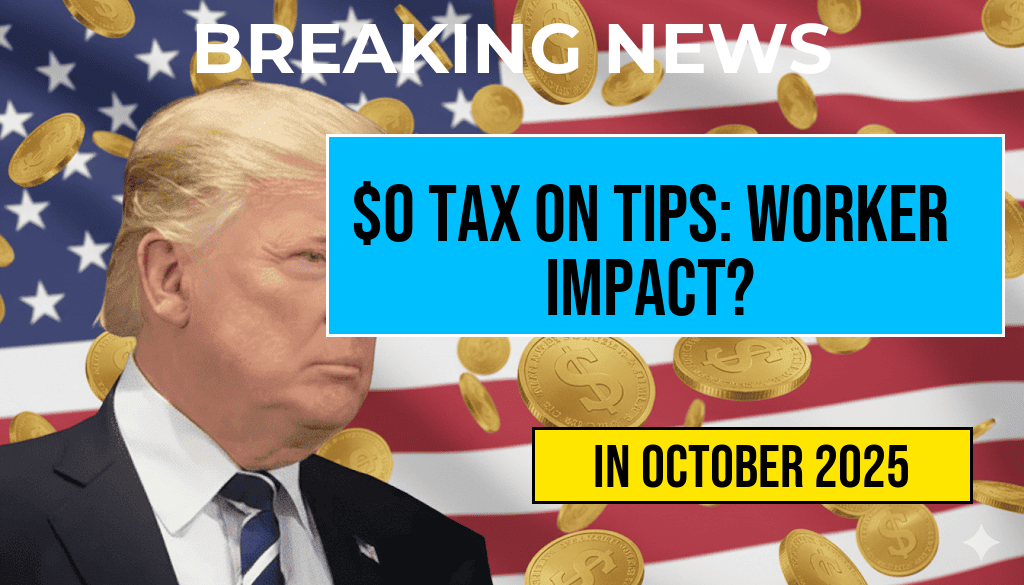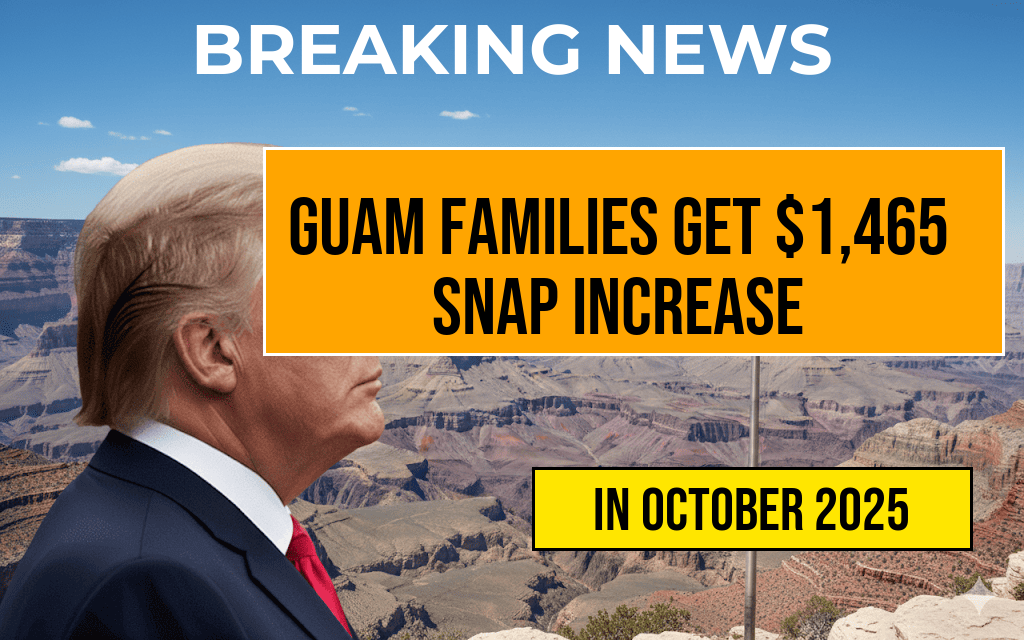The potential for a $0 tax on tips is becoming a reality for many American workers, especially in the service industry. As part of recent legislative changes, the Internal Revenue Service (IRS) is set to modify how tips are reported on tax forms, specifically the Form 1040. This shift aims to streamline the reporting process and reduce the tax burden on employees who rely on gratuities as a significant portion of their income. While the changes are not yet in effect, workers and employers alike are eager to understand the implications of this transition and when they might see it reflected in their tax obligations.
Understanding the New Tax Changes
The proposed adjustments to how tips are taxed stem from ongoing discussions about the treatment of gratuities in the U.S. tax system. Currently, tips are considered taxable income, and workers are required to report them. However, the new legislation aims to ease this burden by effectively allowing certain employees to report tips without incurring additional taxes.
Who Will Be Affected?
- Service Industry Workers: Waitstaff, bartenders, and other service employees who depend on tips for a substantial part of their income will be the primary beneficiaries.
- Employers: Businesses that employ tip-receiving staff will also need to adjust their payroll systems to accommodate these changes.
- Freelancers and Gig Workers: Those who receive tips in non-traditional roles, such as rideshare drivers or delivery personnel, may also see benefits.
When Will These Changes Take Effect?
The timeline for when workers will first encounter the $0 tax on tips is still under discussion. The IRS has indicated that they aim to roll out these changes in the upcoming tax year, but definitive dates have yet to be confirmed. Tax professionals recommend that workers stay informed about updates from both the IRS and their employers to understand when to adjust their tax expectations.
Key Dates to Watch
| Date | Event |
|---|---|
| January 2024 | Expected implementation of the new tip tax reporting guidelines. |
| April 2024 | Deadline for filing taxes under the new regulations. |
Implications for Workers and Employers
The introduction of a $0 tax on tips could have significant implications for both workers and employers. For employees, the reduction in taxable income could lead to increased take-home pay, allowing them to retain more of their earnings. This could be particularly beneficial for low-wage workers who often rely on tips to make ends meet.
Employers, on the other hand, will need to adapt their payroll systems to reflect these changes accurately. This may require additional training for accounting staff and updates to employee handbooks to ensure that all workers understand the new reporting requirements.
Concerns and Considerations
While the potential benefits are clear, there are also concerns regarding the implementation of these changes. Critics argue that eliminating tax on tips could lead to a lack of accountability in reporting, potentially allowing some workers to underreport their income. Furthermore, there is a fear that this change could disrupt the balance between tipped and non-tipped employees, creating disparities in wages and benefits within the workplace.
Staying Informed
Workers and employers must remain vigilant in monitoring the situation as it evolves. The IRS is expected to release guidelines and FAQs to clarify how these changes will be operationalized. Employees are encouraged to consult with tax professionals to understand how the new rules may affect their individual tax situations.
For more information on the impact of tax regulations on tips, you can visit the following resources: Wikipedia on Taxation in the United States and Forbes on Tips Taxation.
Frequently Asked Questions
What is the impending $0 tax on tips?
The impending $0 tax on tips refers to a proposed change in tax legislation that could eliminate the tax burden on gratuities received by workers in the service industry. This change aims to simplify the tax process for employees who rely on tips as a significant portion of their income.
How will the $0 tax on tips affect my 1040 tax form?
If the $0 tax on tips is implemented, workers will no longer need to report tips as taxable income on their 1040 tax form. This means that employees may see a reduction in their overall taxable income, potentially leading to lower tax liabilities.
When can workers expect to encounter the $0 tax on tips?
The timeline for when workers can expect to encounter the $0 tax on tips is still uncertain, as it depends on legislative approval and implementation. Workers should stay informed about updates related to this proposal to understand when it may take effect.
Who will benefit from the $0 tax on tips?
The $0 tax on tips is primarily designed to benefit workers in the service industry, such as waitstaff, bartenders, and delivery drivers, who regularly receive tips. This change would alleviate some of their tax burden and simplify their financial reporting.
Are there any potential downsides to the $0 tax on tips?
While the $0 tax on tips may provide immediate financial relief for workers, there could be potential downsides, such as reduced tax revenue for local and federal governments. This could impact public services funded by tax dollars, so the long-term implications should be considered.








